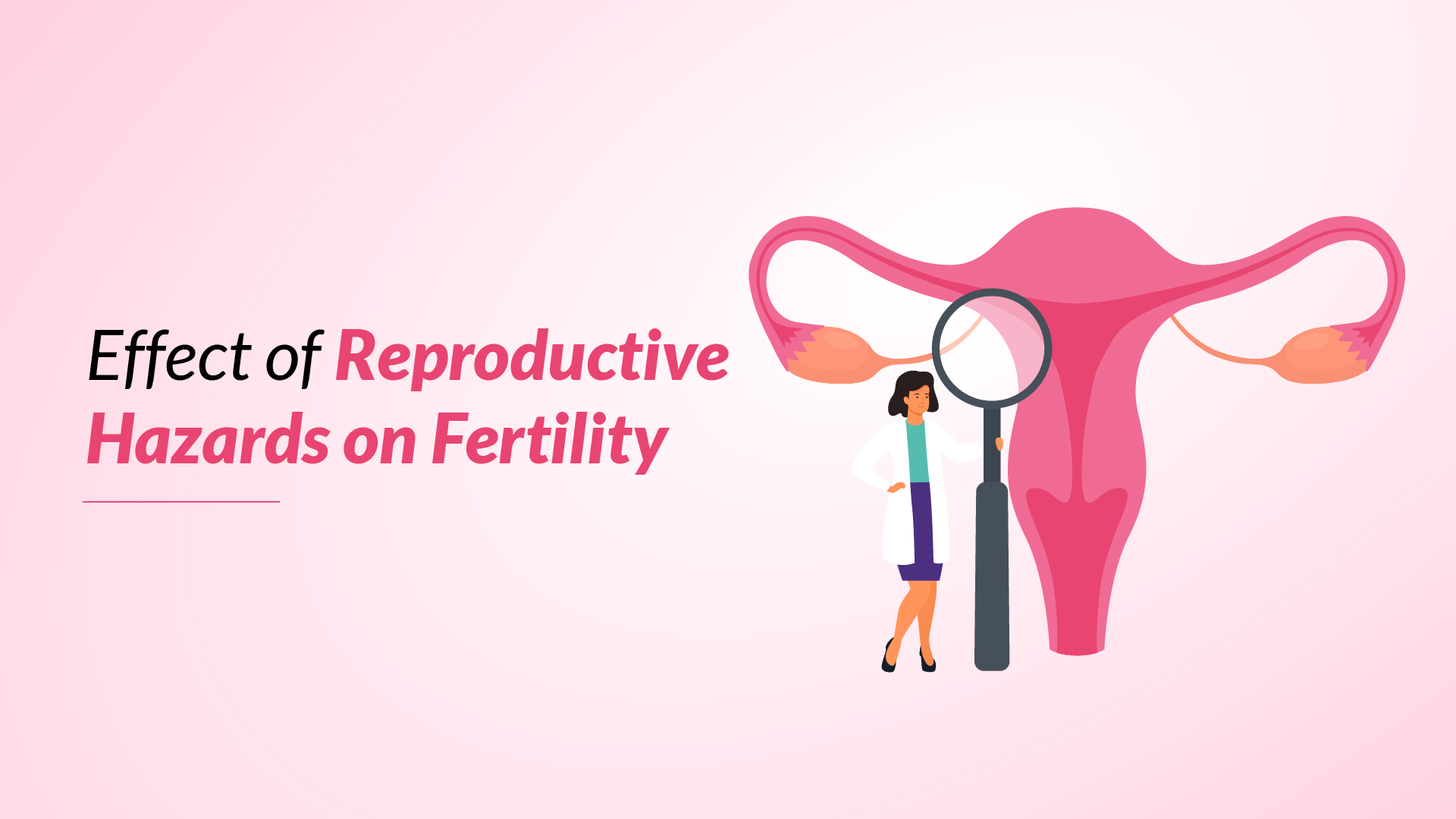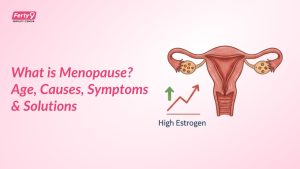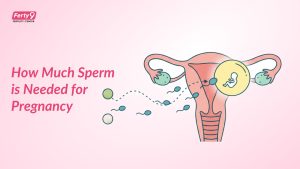When we think about health, fertility may not be the first thing that comes to mind. However, your ability to have children can be affected by various factors, including the environment you live in, the work you do, and the substances you may be exposed to. Many people are unaware that certain hazards around us can harm our reproductive health. These reproductive hazards can come in the form of chemicals, radiation, physical strain, or even unhealthy lifestyle choices. This blog discusses how such hazards impact fertility in both men and women, with a focus on raising awareness and promoting preventive measures.
What are Reproductive Hazards?
Reproductive hazards refer to substances or environmental factors that can lead to male and female reproductive toxicity, impacting the ability to conceive, maintain a pregnancy, or harm the development of a fetus. These hazards can be found in various settings, particularly in the workplace. They interfere with hormone function, damage reproductive organs, and, in severe cases, cause birth defects or miscarriages.
Types of Reproductive Hazards
Reproductive hazards come in various forms and can affect anyone, regardless of gender. Knowing what they are and where they come from is crucial.
Chemical Hazards
Chemical hazards pose acute and reproductive toxicity to individuals exposed to them. Substances like pesticides, heavy metals (lead, mercury), solvents, and certain industrial chemicals can impair reproductive health.
Physical Hazards
Physical hazards include exposure to extreme temperatures, radiation, and high-pressure environments. Frequent exposure to radiation, particularly in medical or industrial fields, has been linked to increased risks of miscarriage and infertility. Similarly, extended periods of physical exertion at high temperatures can interfere with male sperm production.
Biological Hazards
Biological hazards in workplaces such as healthcare settings, where individuals might be exposed to viruses, bacteria, or other infectious agents, can also harm fertility. For instance, certain infections can lead to pelvic inflammatory disease (PID) in women, reducing fertility potential.
Lifestyle Factors
Lifestyle choices like smoking, excessive alcohol consumption, poor diet, and prolonged stress also play a significant role as reproductive hazards. These factors can cause hormonal imbalances, reduce egg quality in women, and lower sperm count in men.
How can Occupational Hazards Influence Fertility Health?
For many individuals, the workplace is where they are most likely to encounter reproductive hazards. Jobs in certain industries pose more risks than others.
Industries that Pose Higher Risk
Some professions expose individuals to more reproductive hazards:
- Agriculture: Farmers and farmworkers are exposed to pesticides, which can reduce both male and female fertility.
- Healthcare Workers: Radiation and certain medications used in hospitals can harm reproductive health.
- Manufacturing and Mining: Exposure to heavy metals, solvents, and heat is common, affecting fertility in both men and women.
How Reproductive Hazards Affect Female Fertility?
The female reproductive system is sensitive to environmental hazards. Exposure to certain chemicals or physical conditions can have both immediate and long-term effects on fertility.
Impact on Hormonal Balance
Exposure to reproductive hazards in the workplace can interfere with the body’s hormonal system, disrupting levels of progesterone and estrogen, leading to menstrual irregularities and reduced fertility.
Egg Quality and Quantity
Chemical exposures, such as heavy metals or solvents, can reduce a woman’s number of viable eggs, affecting her overall fertility potential.
Increased Risk of Miscarriage
Reproductive hazards such as chemical or physical agents can raise the likelihood of miscarriage by damaging the fetus or disrupting early-stage pregnancy hormones.
Ovarian Function
Certain toxins can damage the ovaries, leading to premature ovarian failure or decreased ovarian reserves, limiting a woman’s ability to conceive.
Long-term Health Effects
Chronic exposure to reproductive hazards may not only affect fertility but also increase the risks of developing cancers such as ovarian or breast cancer later in life.
How Reproductive Hazards Affect Male Fertility?
Reproductive hazards, including chemical exposure, heat, radiation, and lifestyle factors, can negatively impact male fertility by disrupting sperm production, hormone balance, and reproductive function. Let us see it in detail.
Reduced Sperm Quality
Men exposed to harmful chemicals or heat in the workplace may experience a reduction in sperm quality, including lower sperm counts, abnormal sperm shapes, or decreased motility.
Testicular Damage
Long-term exposure to high temperatures or certain chemicals can damage the testes, resulting in reduced sperm production and male infertility.
Genetic Mutations
Reproductive hazards such as radiation and certain chemicals can lead to genetic mutations in sperm, which may cause birth defects or miscarriages.
Increased Risk of Infertility
Chronic exposure to reproductive hazards can result in permanent damage to sperm cells, raising the risk of infertility in men.
Hormonal Imbalances
Chemicals and toxins can disrupt testosterone production, which is critical for sperm production and overall male fertility.
Steps to Minimize Exposure to Reproductive Hazards in Daily Life
While some exposure to reproductive hazards may be unavoidable, especially in certain professions, there are steps that individuals can take to minimize the risk.
- Use Personal Protective Equipment (PPE): If your job involves exposure to chemicals or hazardous substances, always use appropriate PPE to reduce the risk of exposure.
- Follow Safety Guidelines: Adhering to safety protocols in the workplace can significantly reduce the possibility of exposure to reproductive hazards.
- Avoid Unnecessary Exposure: Be aware of environmental hazards in your surroundings, such as pesticide use or industrial pollution, and limit your exposure where possible.
- Lead a Healthy Lifestyle: Avoid smoking and excessive alcohol consumption, and ensure a balanced diet to mitigate lifestyle-related reproductive hazards.
Find Hope and Solutions for Infertility Problems—Explore Our Comprehensive Services
IVF Treatment
IUI Treatment
PICSI Treatment
ICSI Treatment
Fertility Preservation Service
Blastocyst Culture & Transfer Treatment
Conclusion
In summary, reproductive hazards can have a lasting impact on fertility for both men and women. However, with awareness, proper precautions, and leading a healthy lifestyle, you can greatly reduce the risk. For those experiencing fertility issues, seeking guidance from professionals such as Ferty9 Fertility Center can provide the necessary support to overcome the challenges posed by these hazards.





























